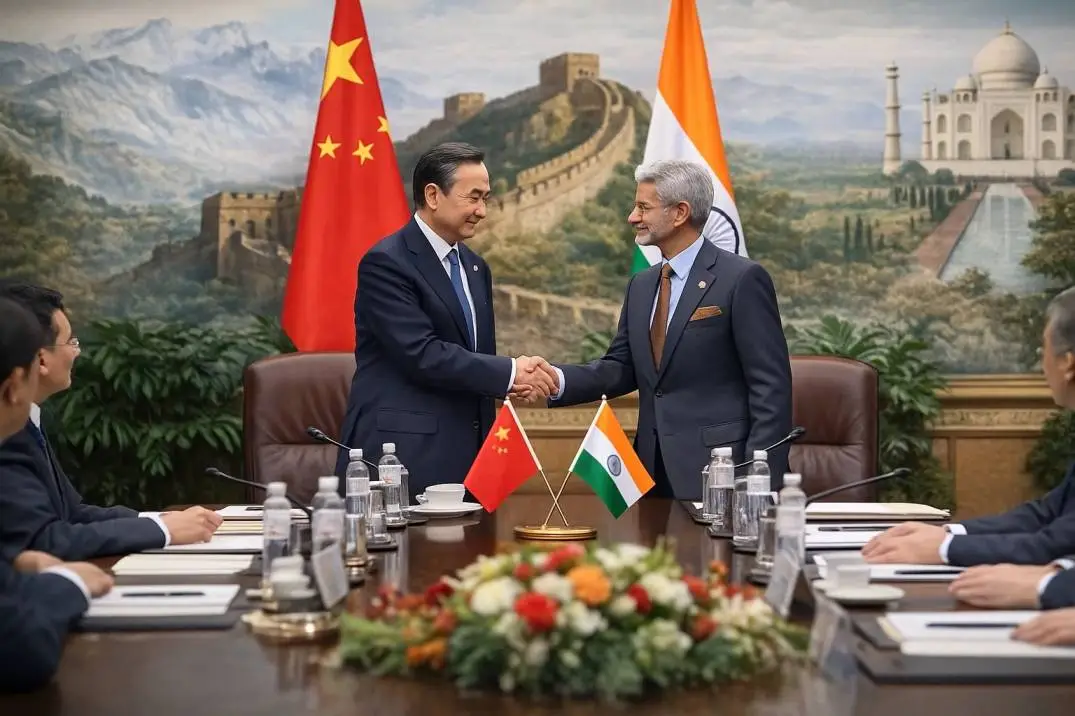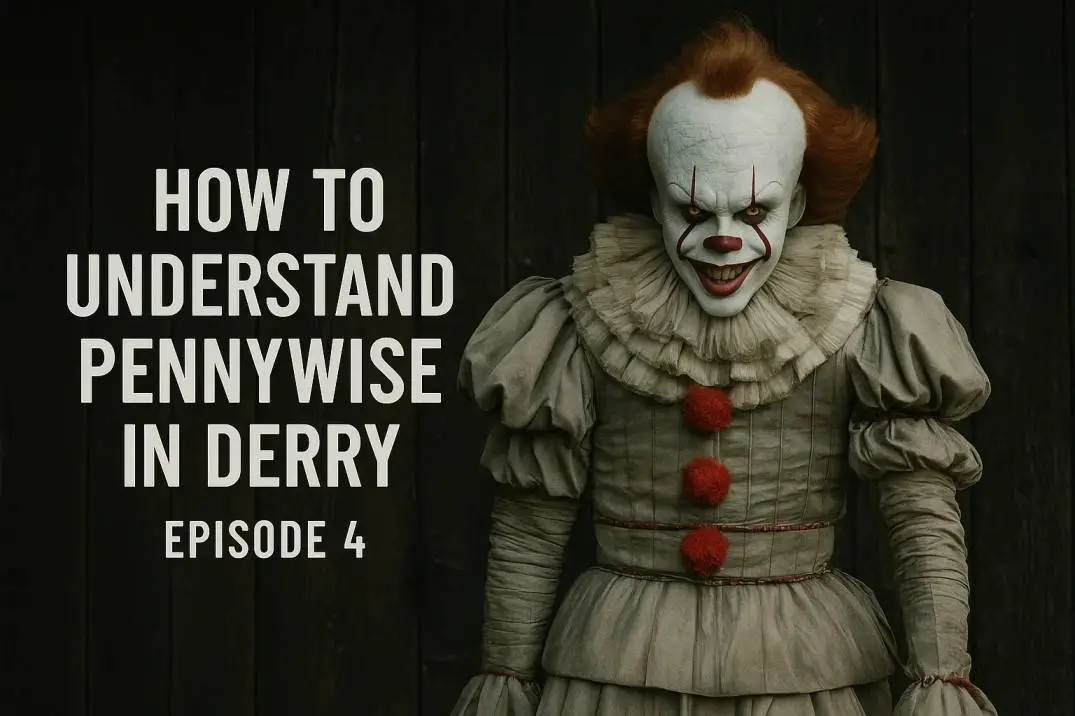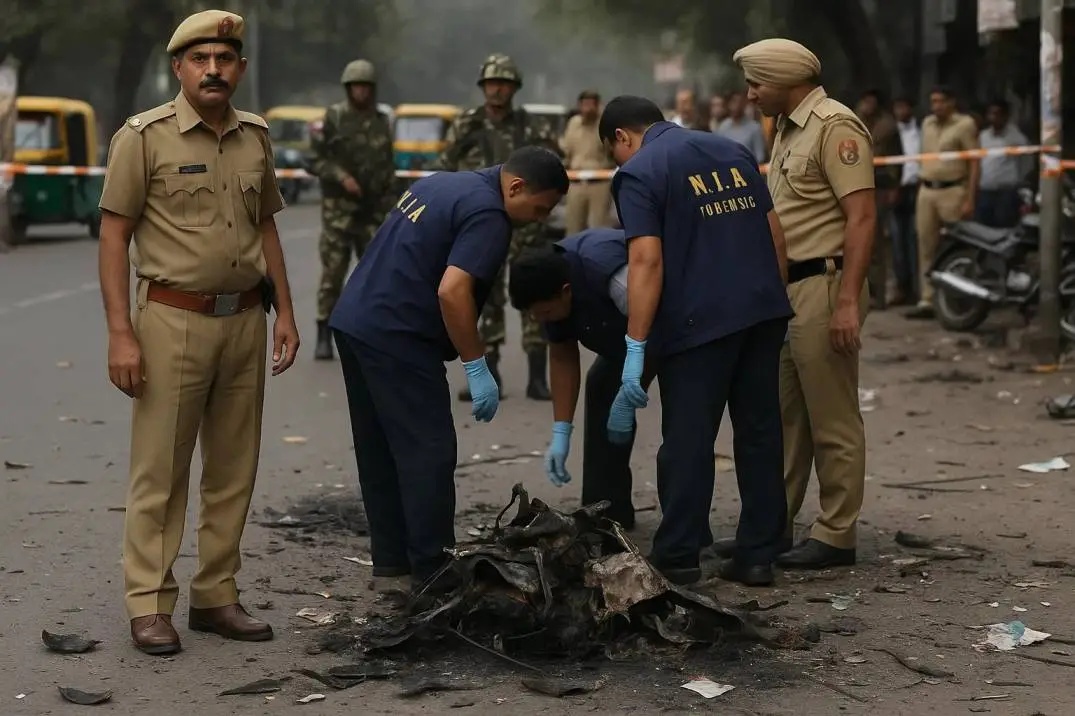
Energy’s Impact on Europe’s Moral Imperative
French President Emmanuel Macron is joining other European leaders in support of an EU Russian oil embargo equal to French officials. French Finance Minister Bruno Le Maire says he hopes that the EU can “stop importing Russian oil in a matter of weeks.â€Â
Just last week, foreign ministers from Ireland, Lithuania and the Netherlands said the European Union was drafting proposals for an oil embargo on Russia on news that Russian troops were killing civilians in Ukraine.
Before that, the EU tried a fifth round of sanctions that included a ban on Russian coal imports. But with Russian oil making up nearly a quarter of the EU’s transplanted imports, a ban would come at a noteworthy cost.
The Cipher Brief spoke last week with expert Norm Roule to help put Europe’s energy problem into perspective. “A nonflexible cutoff of Russian energy would confront Europe with curtailed industrial production, blackouts, an inability to build stockpiles for next winter, and a likely recession,†said Roule. “Policymakers will moreover want to understand the impact remoter economic sanctions will have on emerging economies and whether India and China will cooperate. Actions that diplomatically isolate Russia will be easier, albeit far less impactful on Russian visualization making.â€
But reluctance over such a ban – plane in light of Russia’s inclement deportment in Ukraine – remains, as the prospect of expanded Western sanctions would work directly versus Europe’s economic interests.
The Cipher Brief talked with Dr. Anna Mikulska, and Dr. Ariel Cohen, for their perspectives on Europe’s need for energy and what’s at stake.
Dr. Ariel Cohen, Nonresident Senior Fellow, Atlantic Council Eurasia Center

Dr. Ariel Cohen is a nonresident senior fellow at the Atlantic Council Eurasia Part-way and a member of the Council of Foreign Relations. Dr. Cohen is moreover a senior fellow at the International Tax and Investment Part-way (ITIC) where he heads the Energy, Growth, and Security Program (EGS). Dr. Cohen is the Founding Principal of International Market Wringer Ltd, a shop political risk newsy firm.
Dr. Anna Mikulska, Nonresident Fellow in Energy Studies, Part-way for Energy Studies

Dr. Anna Mikulska is a nonresident fellow in energy studies for the Part-way for Energy Studies at Rice University’s Baker Institute for Public Policy. Her research focuses on the geopolitics of natural gas within the EU, former Soviet Bloc and Russia. Mikulska is a senior fellow at University of Pennsylvania’s Kleinman Part-way for Energy Policy, where she teaches graduate-level seminars on energy policy and geopolitics of energy.
The Cipher Brief: Some observers believe that wearing off Russian gas could wipe out growth in Europe’s biggest economies, send energy prices to record levels, and propel inflation through the global economy. Given the grim outlook, what measures is Europe likely to pursue to demonstrate its disapproval of Russian military deportment in Ukraine?
Mikulska: It may depend on the extent to which Russia is willing to remoter push its deportment and atrocities that its military might commit. Europe’s economy is important but may have to take a when seat at some point. Just squint at the exit of Western companies from Russia, including energy companies such as BP and many others. The move is not predicated upon expectations of profit, rather the opposite but the moral imperative is increasingly important.
For Europe, this will moreover be the specimen and each government will put variegated variables into their equation. Natural gas is a tricky commodity, expressly in the winter, as much of it serves heating people’s houses. The inability to do so could be catastrophic — think February last year in Texas. Europe has once cut some of its industrial worriedness that depended on gas and possibly increasingly is up for cuts. This will impact European economic growth either way. Prices of natural gas will be upper as Europe will try to fill up its storage facilities over the summer with Liquefied Natural Gas (LNG), competing with Asian buyers.
Cohen: This issue is driven by the internal priorities and interests of each country. France generates well-nigh 70 percent of its electricity through nuclear. It doesn’t mind slamming natural gas sanctions versus Russia considering it will still have its electricity from nuclear and it will have gas from other sources. Germany, on the other hand is vehemently versus that. Holland is versus that considering the Dutch field at Groningen is depleting, and Holland is moreover a part-way for LNG trade, so it wants Russian LNG. Everybody is scrambling to protect their own interests.
The interplay between Paris, Berlin, and increasingly minor capitals and Brussels is fascinating, but I think what’s significant, and what people forget, is that Europe was really driving the transition to renewables hard. In Germany, this is known as ‘energiewende’ — energy transformation. Now they have the Untried Party in the coalition, so that was a moment to shine. Then, in December, probably knowing what was coming, and probably understanding that the massive investment in renewables is not paying off, the EU supposed that natural gas and nuclear will be the untried fuels. Before that they were not.
Germany well-set on natural gas considering for them, it’s a major transition from fuel to renewables, but they still resisted nuclear. I think the biggest strategic mistake by Germany that crush this dependence on Russian gas was shutting lanugo nuclear considering of the Untried agenda. It was a strategic mistake. Whether they’re going to roll it when or not remains to be seen. So far, I think they’re sticking to no nuclear. When you’re asking, what can they do, they can start boosting their nuclear energy.
The Cipher Brief: Even surpassing the public exposure of unveiled atrocities single-minded by Russian troops, European leaders – Germany, in particular – were talking well-nigh implementing contingency plans to reduce dependence on Russian energy supplies. What do these measures include, and could they be expanded and accelerated?
Mikulska: Yes, Germany would need to think well-nigh what to do if they wanted to replace their supply of gas coming from Russia, which makes up increasingly than 50 percent of their imports. Rationing will be important as will working with other countries to wastefulness the market. An important move was Germany’s takeover of Gazprom Germania GmbH, the subsidiary that in 2021, was held to record-low gas storage levels. In fact, Gazprom was fulfilling some of its contractual obligations to supply gas to Europe by withdrawing that gas from its storage in Europe at the time when the EU was trying to buy increasingly gas to fill its storage to stereotype levels. The system was obviously wrenched and will need to be fixed. In Europe, this will most likely midpoint regulatory measures; we have once heard well-nigh mandatory 90 percent storage fill levels as of October 1st. The EU moreover is talking well-nigh mandatory gas storage fill levels.
Cohen: Europe has LNG terminal capacity, but they moreover are now ownership Floating Storage and Regasification Units (FSRU). That’s big bucks considering each unit financing something like $250m. The Lithuanians have one, the Poles have one, and then they have one on the waterfront facilities, K-R-K in Croatia. There’s one stuff built in Alexandroupolis, in Greece. The connectivity between the European network and these FSRU facilities is flipside very important subject. Spain and Portugal have a lot of capacity, but they don’t have the pipeline into the rest of Europe. They can take LNG and pump it into the rest of Europe, into France and remoter into the network.
The other problem you have is the scarcity of gas. That’s a big problem. We don’t have unbearable LNG sloshing virtually and that will momentum prices up, clearly. For example, the price of LNG in Europe was half of the price of LNG in Asia. Now they will plane out.
The Cipher Brief hosts expert-level briefings on national security issues for Subscriber Members that help provide context virtually today’s national security issues and what they midpoint for business. Upgrade your status to Subscriber today.
The Cipher Brief: Although the present slipperiness is centered in Europe, global factors are likely to come into play as the U.S., EU, and Russia prepare for shifts – and countermoves – in the energy economy. What role could actors outside the region – expressly Middle East oil suppliers – play in the evolving situation? Are oil-producing states likely to favor the U.S. and its allies, or Russia?
Mikulska: We have seen little to no moves from OPEC when it comes to oil supply and production increases vastitude the levels that were set long surpassing the Russian invasion. This can – and most likely has — roots in two factors.
First, there is a unstipulated expectation from oil producers that current needs for oil production will wane as recovery from COVID-19 fades, or new COVID waves are an issue, expressly in Asia, and hence, if they start producing much more, they may end up with a low demand-high supply situation and we will wits a wild waif in oil prices.
Second, OPEC countries, including most importantly, Saudi Arabia, have been moving geopolitically toward Russia in recent years and yonder from the U.S. There has been the feeling, moreover in the U.S., that the Carter Doctrine is not as inside to the U.S. policy given the U.S. shale revolution and its success in oil and gas production. In fact, this production made it difficult for OPEC to tenancy global oil markets as it did before. It needed Russia to regain its influence. Therefore, OPEC is hesitant to go versus Russia now by increasing production and calming transplanted prices, which would be seen as helping the U.S. and Europe – as well as other countries globally of undertow – in taming prices at the pump.
Subscriber Members have a higher level of wangle to Expert Perspectives on Global Issues. Upgrade to Subscriber now.
Cohen: Everybody is running to the Saudis and the Emiratis asking to pump increasingly oil, and for sure, Saudis can whereas the gas is in Qatar, but the Qatar production is once spoken for, and American production is spoken for. Qatar, the U.S., and Australia are the top three producers. This is a very tight market. To make a long story short, it will take time, and these are very wanted intensive projects. Gas is an order of magnitude increasingly expensive than oil to drill for. And offshore is increasingly expensive than onshore.
So let me pivot to Iran. Iran has 90 million barrels of oil in storage. The U.S. released 180 million [from the strategic reserve] and the International Energy Agency released flipside 60 million. Saudi could just start pumping up probably a million to a 1.5 million barrels a day immediately. But the Iranians have 90 million in storage. They could start releasing it. That would momentum the oil prices down.
Iran has a lot of gas, and if they’re smart, they would just wifely lanugo and let oil companies or gas companies develop the huge gas resources. The giant gas field that the Qataris are exploiting is very successful, to the tune of over a trillion dollars in the national sovereign wealth fund. The Iranians have increasingly than half of that field. They just didn’t get to developing it. They could if they stop stuff so cantankerous. So that’s flipside possibility. We develop Iran, both through a release of oil in storage and bring when the Iranian oil industry to write shortages and moreover to develop gas.
The Cipher Brief: If, as expected, the EU decides in the near term on limited sanctions on Russian energy supplies — well-expressed primarily coal and oil — what longer term steps can the EU or individual European states take to reduce dependence on Russian natural gas deliveries? Is there willingness in the EU to develop alternatives to existing natural gas structures and arrangements?
Mikulska: Europe needs to develop a system that is self-sustaining of the Russian supply. The continent emphatically needs gas. Gas is unconfined for use when renewables are not there to support the grid. Plus, gas is a major fuel for heating. There are several important ways in which Europe could and should act.
First, towers increasingly interconnections to make use of unused LNG capacity, particularly in the Iberian Peninsula, which has a huge value of LNG intake topics but is barely unfluctuating to the rest of Europe. Also, potentially largest connections to Italian LNG intake, and via pipeline to the UK, could help wastefulness the European gas market.
In addition, bringing increasingly LNG terminals online particularly where Russian gas would have been used otherwise. Germany comes to mind, of course, but other locations could moreover be important. Increasingly LNG topics in Inside and Eastern Europe could be widow too. They are not as well interconnected as the West.
Cohen: I’ll focus on Germany. When the Germans say we’ll get off Russian gas, and you squint at the numbers — if they opened the Nordstream 2 pipeline, they would have had 55 percent of their gas coming from Russia. As it is now, it’s over 40 percent. How you replace that value in billion cubic meters — that’s a lot of their gas. Russia is exporting well-nigh 200 billion, it goes up and down. Out of that, let’s say Germany is half, that’s 100 BCM, and I’m looking of the misogynist pipelines and LNG, it is very, very difficult. I do not see how they replace it.
They’re once saying we’re giving up Russian coal, and Germany has topics for coal-fired stations. There’s plenty of coal virtually the world, but it’s very polluting.
They could do a 180 and say, “You know what, on second opinion, we decided that nuclear is not so polluting and not so bad. Here are the guidelines.” That’s what the EU did. You don’t just keep, like we do, spent fuel in barrels somewhere. You situate it like the French and the Finns do, deep in the mountain somewhere, and hope it doesn’t seep into the water table. They need to revisit and tighten the controls over nuclear. Here’s where your baseline topics may come from. They haven’t washed-up that yet. And the second thing is that now, nuclear is very expensive. The materials are expensive. The timeline to build used to be four or five years, now it’s seven to ten years, and double the price, so I’m not sure they will buy that. They can moreover push increasingly renewables. We’ll see what the limitations are.
The piece includes reporting, research and wringer by Ken Hughes and editing by Suzanne Kelly
Read increasingly expert-driven national security insights, perspective and wringer in The Cipher Brief considering National Security is Everyone’s Business
The post Energy’s Impact on Europe’s Moral Imperative appeared first on The Cipher Brief.








